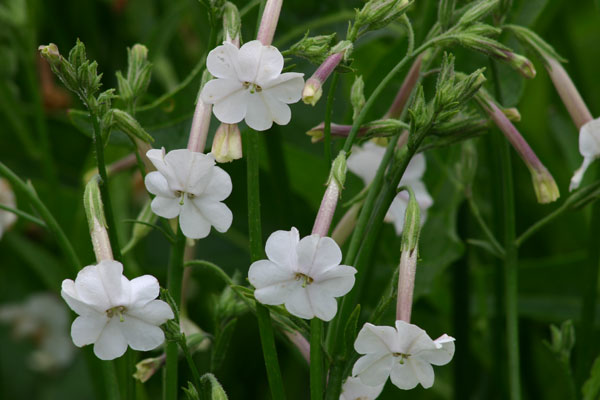Polyploidy, chromosome number and genome evolution in angiosperms: insights from studies in Nicotiana sect. Suaveolentes (Solanaceae).
Professor Chase is Senior Research Professor at the Royal Botanic Gardens Kew, UK, and was Keeper of their Jodrell Laboratory for several years. He has
Speakers
Content navigation
Description

Professor Chase is Senior Research Professor at the Royal Botanic Gardens Kew, UK, and was Keeper of their Jodrell Laboratory for several years. He has particular interests in plant classification and evolution. He was the first author of the landmark 1993 Angiosperm Phylogeny Group (APG) paper on seed plant phylogenetics that led to the reclassification of many flowering plant families (and the reorganisation of many herbarium collections). He has worked extensively with orchids and is a co-editor of Genera Orchidacearum, an ambitious serial publication that aims to provide a definitive account of the Orchidaceae. He has held academic positions at the University of Michigan and the University of North Carolina and was Director of the University Herbarium at the University of North Carolina before joining Kew in 1992.
A key area of Professor Chase’s current focus is the evolution of allopolyploid plants, i.e. those with two or more copies of the usual number of chromosomes derived via hybridisation. This condition is thought to provide plants with extra evolutionary potential because gene duplication may permit the evolution of new traits. This work on allopolyploids is focused on Dactylorhiza (marsh and spotted orchids) and Nicotiana (wild tobacco).
Location
Australian National Botanic Gardens Theatrette
